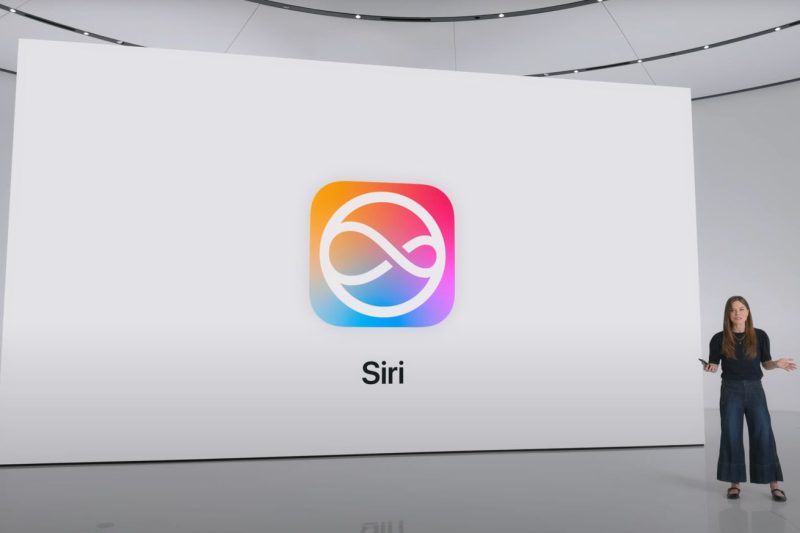In recent years, technology has advanced at an unprecedented rate, with artificial intelligence and voice assistants becoming an integral part of our daily lives. The evolution of voice assistants has been gradual but significant, with major players like Amazon’s Alexa, Apple’s Siri, and Google Assistant leading the way. However, despite their widespread popularity, there has been a growing demand for a reinvention of voice assistants to better meet the needs of users.
One of the key aspects that require attention is the personalization of voice assistants. While they are capable of performing a wide range of tasks, they often lack the ability to truly understand and cater to the individual preferences and nuances of each user. In the future, voice assistants are expected to become more adept at learning from user interactions, gathering data, and proactively offering personalized suggestions and assistance.
Another important area for improvement is the integration of voice assistants across various devices and platforms. Currently, voice assistants are often siloed within specific products or ecosystems, limiting their overall utility. Moving forward, the focus will be on creating a seamless and synchronized experience, allowing users to interact with voice assistants effortlessly across different devices and services.
Moreover, the future of voice assistants lies in their ability to enhance productivity and streamline various aspects of daily life. From managing schedules and tasks to providing real-time information and assistance, voice assistants have the potential to revolutionize the way we work and live. Advanced features such as predictive analysis, contextual understanding, and multitasking capabilities will be crucial in making voice assistants truly indispensable companions.
Accessibility and inclusivity are also key considerations in the reinvention of voice assistants. Future advancements will aim to make voice technology more inclusive for users with diverse needs, including those with disabilities or language barriers. By incorporating features like improved speech recognition, language translation, and text-to-speech capabilities, voice assistants can ensure equal access and usability for all individuals.
In conclusion, the much-needed reinvention of voice assistants is on the horizon, promising a future where these intelligent companions will play an even more significant role in our lives. By focusing on personalization, integration, productivity, accessibility, and inclusivity, voice assistants are poised to become indispensable tools that enhance our daily experiences and interactions with technology. With ongoing innovation and advancements in artificial intelligence, the next evolution of voice assistants is set to revolutionize the way we communicate, work, and navigate the world around us.


































